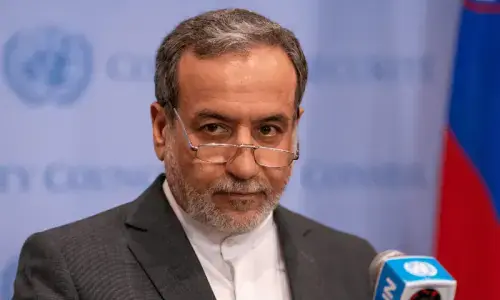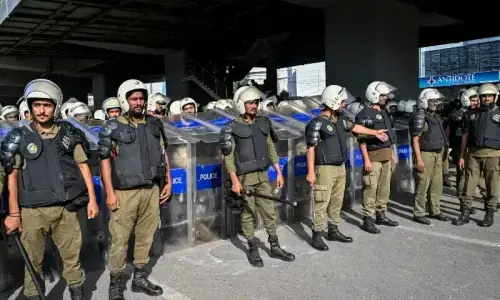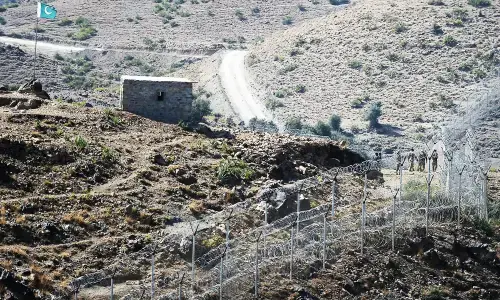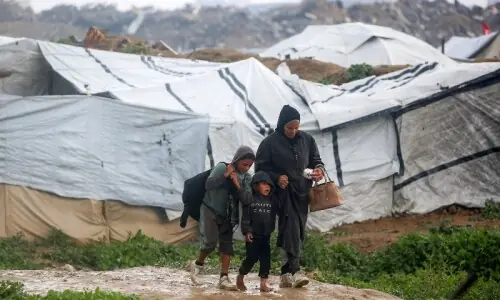KARACHI: The import of inexpensive medicines for cancer treatment from Russia, which came to a halt in February after Russia’s invasion of Ukraine, resumed after more than five months as the banks have started opening Letters of Credit (LCs) for the trade.
With the new development, importers sound confident that Russian products would be available in the local market by the first week of August 2022, bringing an end to the misery of hundreds of cancer patients and their families.
“We have formally received a nod from banks [for opening the LCs] recently and that formality has already been met by several importers,” said an importer.
“I think another week or so would take to fix different other formalities and restoration of shipments from Russia. By the end of the first week of August, I hope, the medicines will be available in the market. After the rupee depreciation over the past few months, the prices would not be the same but it would be still much less than the expensive, next-generation medicines being marketed by multinational pharmaceutical companies.”
It was in March 2022 when the Russia-Ukraine war put Pakistan’s healthcare system under a test of another kind, as the import of inexpensive medicines for cancer treatment from Russia came to a halt since the conflict began in February 2022 after banks stopped opening LCs for traders. This situation heaped misery on thousands of patients and their families, mostly belonging to the middle and lower-middle classes.
“The packages include monoclonal antibodies (MABs), a targeted drug therapy to treat different cancers,” said a local medicines supplier. “The MABs like Trastuzumab, Rituximab and Bevacizumab — all from Russia — are sold at half the price set by Drap [Drug Regulatory Authority of Pakistan] under its MRP [maximum retail price] mechanism. Unavailability of Russian or inexpensive medicines forced patients to either buy expensive chemotherapy drugs offered by multinational companies or switch to smuggled or unregistered medicines. But better late than never, it’s good that the imports are resuming.”
The situation during the last few months raised concerns and created a kind of uncertainty about the supplies of key medicines among the patients. For long-term and durable solutions, healthcare professionals seek permanent and long-term arrangements from the government.
“Due to the high cost of next-generation cancer medicines and equipment produced by American and European pharmaceutical companies, Pakistani authorities should collaborate with countries like Russia, Belarus, Cuba and Iran. These countries are fairly advanced in the field of biotechnology and produce inexpensive medicines and therapies,” said a senior Karachi oncologist.
Published in Dawn, July 25th, 2022
































